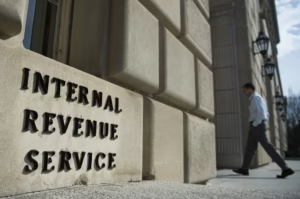The fact that Americans decreased spending in May after purchasing a lot of new vehicles and other items earlier in the year to avoid U.S. tariffs highlights how the economy is being disrupted by continuous trade disputes.
Last month, personal spending decreased by 0.1%, the government reported on Friday. The drop was the first since January.
The first five months of 2025 have seen a significant slowdown in consumer expenditure. Early in the year, purchases were slowed by the cold and the effects of a holiday shopping binge. Consumer confidence was later undermined by the beginning salvos of a U.S. trade war, which led to consumers spending more sparingly in the spring.
However, given the robust income growth, the current level of consumer spending is sufficient to keep the economy growing. Over the last 12 months, expenditures have increased by a strong 4.6%.
Important information: May saw a 0.4% drop in personal incomes, but this was due to changes in federal payments for farmers’ aid and Social Security.
Last month, wages and salaries increased by a strong 0.4%.
A significant drop in car purchases was mostly responsible for the spending decline. After scurrying to purchase new cars and trucks in April and March, Americans avoided auto dealers.
Additionally, consumers spent less on discretionary goods like dining out and lodging, which often decrease during uncertain economic times.
Although consumers benefit from lower fuel costs, gas stations also reported a significant drop in sales as a result of lower oil prices.
At 70% of total activity, consumer spending is the primary driver of the economy. Recent increases in income have lessened the impact of persistently high inflation on households.
Overall: Consumer confidence has been down and Americans are becoming more frugal with their spending due to ongoing trade disputes and a deteriorating labor market where jobs are tougher to obtain.
Since most businesses are avoiding layoffs and the unemployment rate is still very low, households can afford to spend enough money to support economic growth.
Considering the future: “The latest data confirm that May was a month to forget for the U.S. economy,” Comerica chief economist Bill Adams stated. “Growth will likely hold below trend in the second half of the year.”





